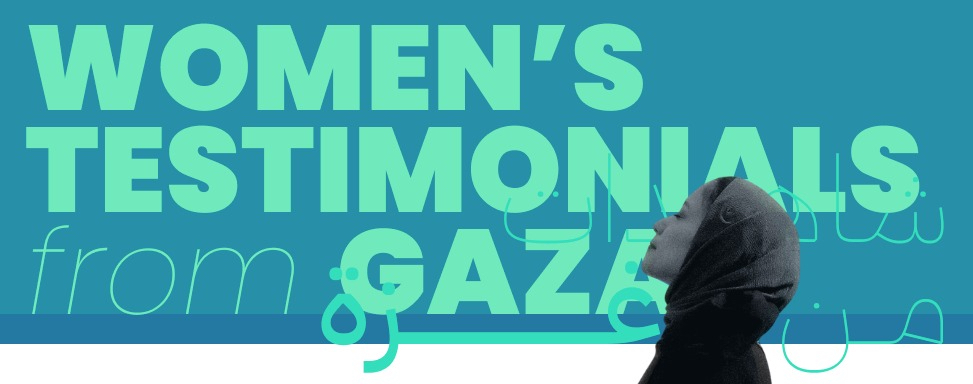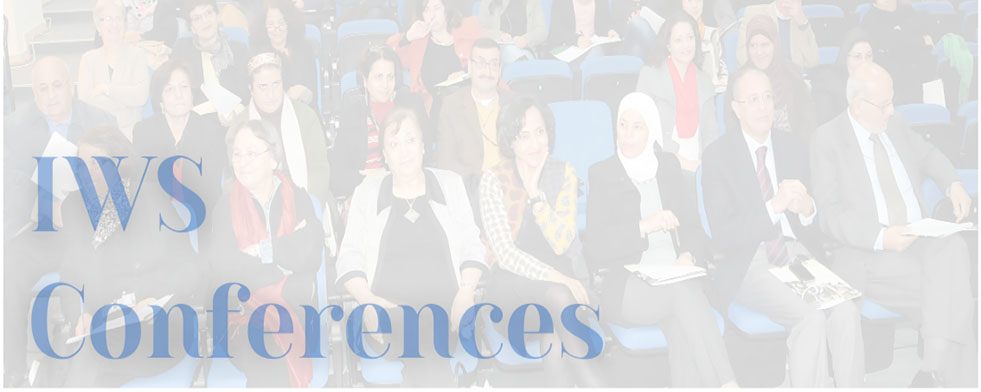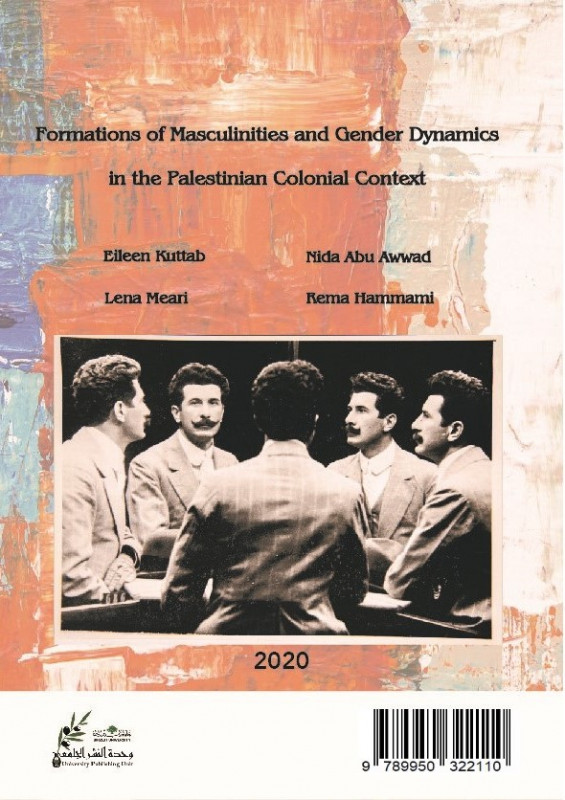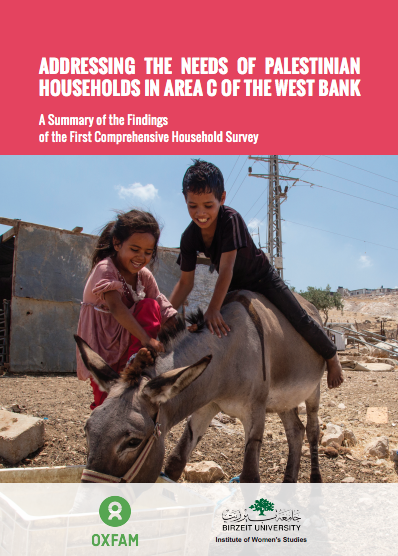WOMS 231- INTRODUCTION TO WOMEN’S STUDIES
The aim of this course is to define the field of “women’s studies” and to trace the historical development of women’s studies as an academic discipline. The course investigates a number of the major issues in the field, including the means by which one acquires a “gender identity”. In readings and discussion, students will explore the socially constructed roles of woman in the following areas: language and literature, the family, formal and informal economies, development, politics, and the making of history. The course includes a study of the main theoretical and methodological approaches in the field of women’s studies.
WOMS 232- WOMEN IN ARAB SOCIETY
The aim of this course is to study major structural features of modern Arab society, and to understand their influence on the relationships between women and men. It will examine the effect of these features on the status of women in the family and on the factors constraining that status, as well as on women’s position in both the formal and informal economies. The course will also look at the influence of some of Arab society’s structural characteristics on modern government and its institutions as these determine women’s participation in society and their political, social, and economic rights. The course will deal also with the experience of Arab women as they organize so that they can participate in national, social and feminist undertakings. Dissimilarities – in location, religion, class and ethnicity -- within Arab society will be taken into consideration.
(This course is an elective for students majoring in sociology.)
WOMS 233- WOMEN IN THE FAMILY
This course examines economic, political, and cultural limitations on the role of women in the family, from comparative and historical perspectives. Attention will be given to the division of labor in the home and to its effect on a woman’s position in the family and in society as a whole. The course also deals with the socialization process which takes place in the family, and explores its connection to social perceptions of gender identity and gender roles. Students will compare changes in family structure in a number of modern societies with changes in the structure of family authority in Arab society; and they will examine the role of government and its influence on the family in various respects.
WOMS 234- WOMEN IN PSYCHOLOGY
This course covers research and theory on the psychology and behavior of women, with human character understood as a unified whole consisting of psychological, social and biological aspects. The course will investigate the following issues:
Women’s concept of self; the psychological development of women; the physiological make-up of women; women’s temperament and their cognitive faculties, with emphasis on the decision-making process; women’s achievements in professional and educational spheres; and women’s mental health and well-being.
Each of these issues will be considered in relation to women in Palestine, as well as in other countries.
WOMS 235- WOMEN IN MEDIA
The course addresses women issues in visual and written media and the way they are displayed, and the contents carried by, across three main themes: the 1st is theoretical, it addresses what is known as communication, its theories and methods of social research. The 2nd is socio- feminist, it goes in depth into sociological theory’s perspective on the issues of information and communication and their impact on the individual and on society as it reformulates the way they visualize women's social role. Finally, issues and models about women and media.
(WOMS. 231 is a prerequisite for students with Minor in Women’s Studies)
WOMS 236- FEMINIST METHODOLOGIES
This course raises questions about knowledge production policies, an epistemological system that enriches paths of human and national liberation for social justice, curricula and research methods in oral history, discourse analysis, ethnographic research, selves-efficacy in daily life, problematic selves in search for self-knowledge, research and texts reading from a gender perspective.
WOMS 331- THE HISTORY OF WOMEN’S MOVEMENTS
This course explores the most important feminist movements throughout the world. First, students will investigate how and where the feminist movement originated and around which issues, which groups of women were involved, which women were targeted by the women’s movements and through what techniques. Students will also identify the problems which confront anyone today who embarks on an analysis of women’s issues. More specifically, the course deals with some of the European and American movements, as well as revolutionary movements in the Third World, where national struggles defined women’s gender consciousness and the roles they played. Arab feminist movements will be studied in an effort to identify commonalities and differences among movements in different countries and in different parts of the Arab world. Special emphasis will be placed on Palestinian women’s movements.
WOMS 332- WOMEN IN DEVELOPMENT
The course examines the different theoretical schools dealing with issues of development under-development in the Third World, focusing on how they deal with women’s issues. The course describes different models of development relating to the Third World, and demonstrates by means of several case studies the successes and the failures of different models of development which have aimed to integrate women into the development process. The course will also deal with the development policies and techniques of governments, international organizations, and both governmental and non-governmental organizations, and the effects they have on women of various classes, ages, and ethnicities. Finally, the course will identify several modern theoretical and empirical efforts to integrate women’s issues into the dialogue concerning development, including discussion of the positions women will take in development, and the means used to ensure women’s participation in processes of economic and social development.
WOMS 333- FEMINIST POLITICAL THOUGHT
This course aims at introducing key concepts and feminist movements in the history of political thought; political theory from a feminist perspective with a focus on gender; the relationship between feminist theory and feminist practice considering that the development of theory was accompanied with feminist political practices and activities; basic issues in modern society and politics and their relationship to feminist political thought as the study of power, and colonial systems, political systems (democratic systems in particular), the state, freedoms, and gender identities.
WOMS 334- FEMINISM, POLITICAL ECONOMY AND GLOBALIZATION
This course aims at introducing the concepts of economic globalization and its intersections with the feminist thought and gender issues within the context of political economy. This course addresses these issues by discussing concepts such as development and liberalism, and the role of women in dealing with forms of economic globalization and Response. As an output, the course aims at developing student’s conceptual, analytical and writing skills while addressing these issues.
WOMS 437- SPECIAL TOPIC IN WOMEN’S STUDIES
Intensive, in-depth study of a special topic in women studies, the topic of which is agreed upon by the program’s committee.
(Prerequisite: WOMS231 and program approval)




